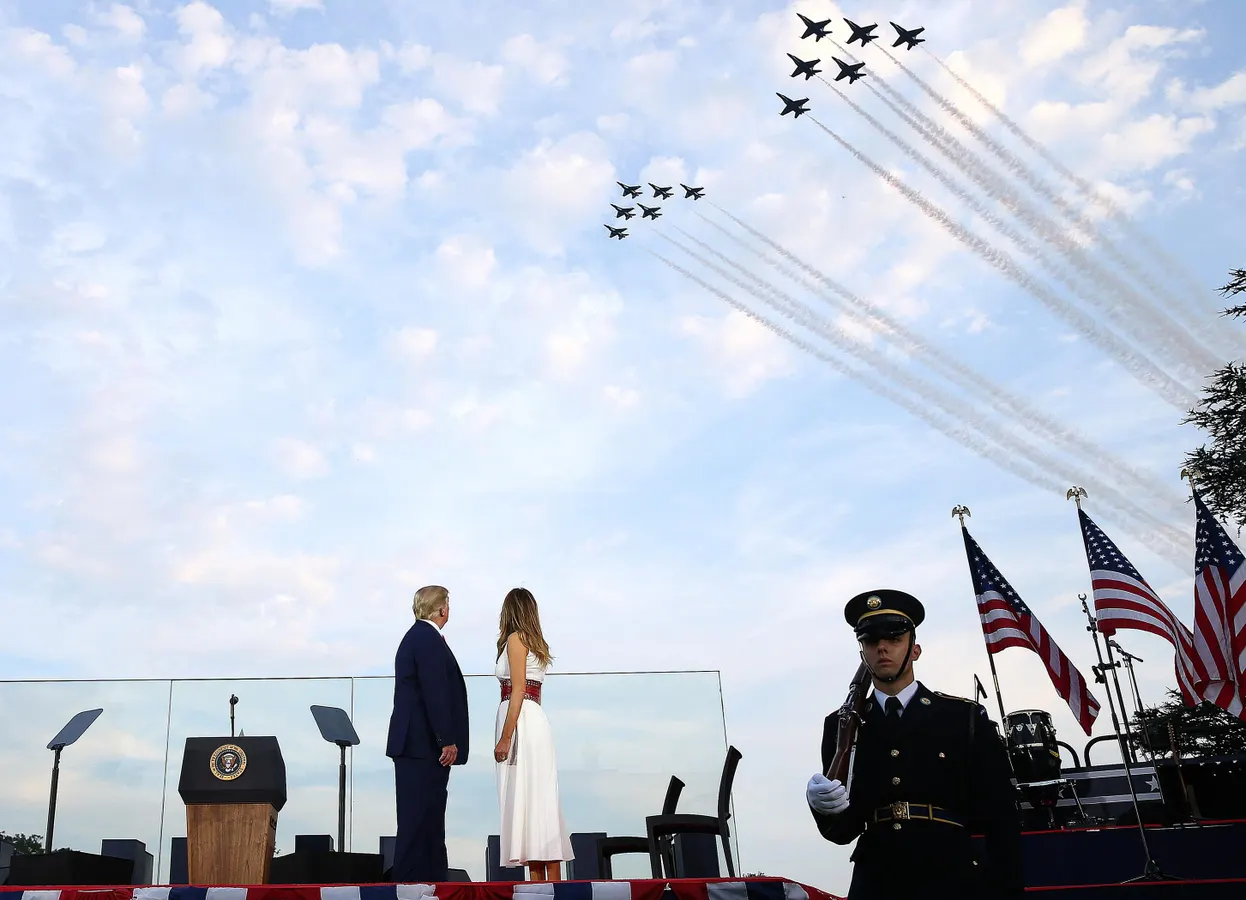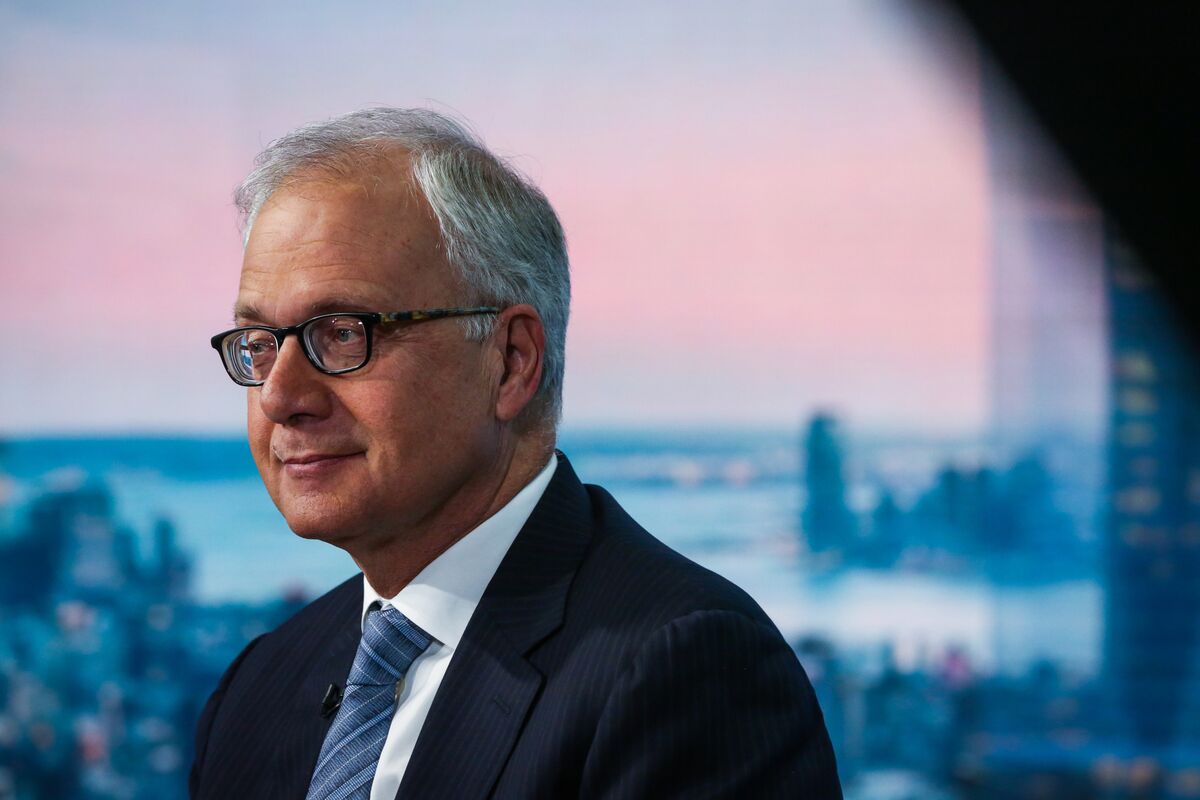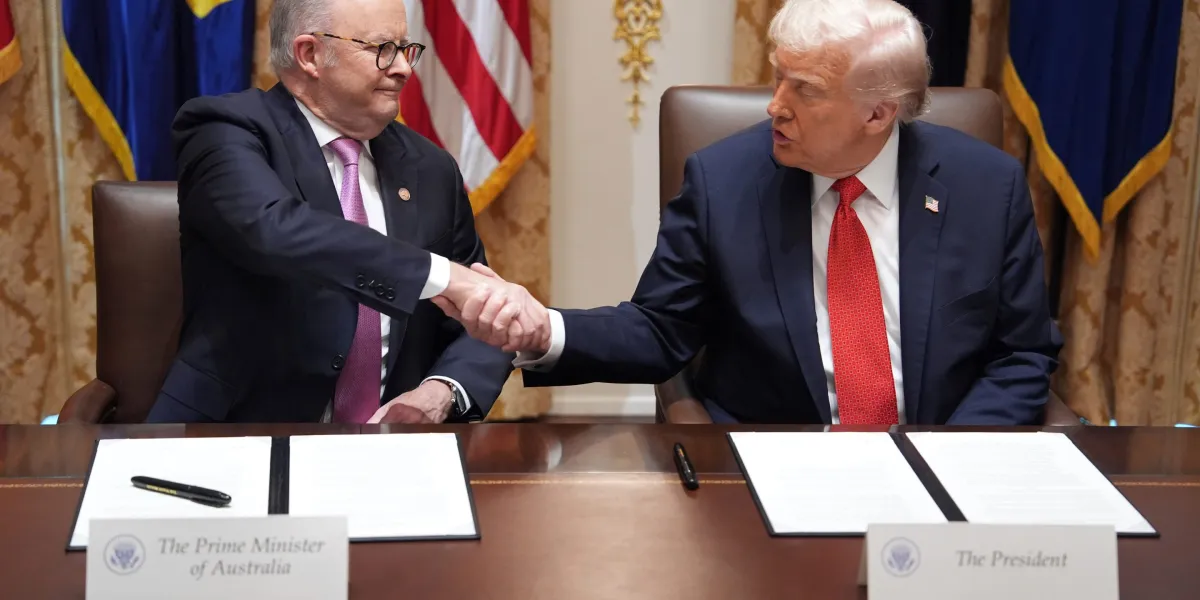Copyright forbes

President Trump watches the U.S. Navy Blue Angels and U.S. Air Force Thunderbirds perform a flyover near the White House on July 4, 2020. Photo by Tasos Katopodis/Getty Images Donald Trump said Thursday that one of his friends gave $130 million to help the Department of War cover a budgetary shortfall amid the government shutdown. The president, however, would not reveal the name of the donor. “He doesn’t really want the recognition, if you want to know the truth,” Trump said. “But he gave us a check for $130 million.” There aren’t too many people who can write a check that large, especially on short notice. Trump dropped a couple hints about who the donor might be. First, the president said it was a man. Second, he referred to him as a “patriot,” suggesting the person is an American. Third, he said the donor was “a friend of mine,” hinting at prior ties. Whoever it is, there’s a good chance his name is familiar to Forbes, which tracks the wealth of billionaires, both press-hungry (like Trump) and intensely private (like the donor, apparently). Scanning our roster of the rich, we identified three people who might be the benefactor. Representatives of all three did not immediately respond to inquiries about whether they had made the donation. Stephen Feinberg Net worth: $5 billion Feinberg left a lucrative career on Wall Street to join the Trump administration, becoming deputy secretary of defense, now known as the deputy secretary of war. That role puts him in control of the day-to-day management of the department, a perspective that might motivate someone to cut a check if they saw pressing needs. Feinberg has been famously secretive since his days in private equity, where he helmed a firm called Cerberus, named after the three-headed dog that guards the gates of hell. “We try to hide religiously,” he reportedly said to a room of investors in 2007. “If anyone at Cerberus has his picture in the paper and a picture of his apartment, we will do more than fire that person. We will kill him.” After a career of investing in all sorts of companies—including grocery stores in the United States, financial firms in Japan and real estate in Germany—Feinberg zeroed in on defense investments. He doesn’t seem to mind giving to government projects. His family foundation once donated $5 million to In-Q-Tel, a venture outfit created by the Central Intelligence Agency. Isaac Perlmutter Net worth: $5.2 billion A veteran of Israel’s 1967 Six-Day War, Perlmutter immigrated to the United States with $250. He hawked toys on the streets of Brooklyn, becoming familiar with the Marvel franchise. In 1998, he beat out Carl Icahn to take control of Marvel, then a bankrupt comic-book enterprise. Eleven years later, he offloaded a majority stake to Disney for $4 billion in cash and stock. But despite being associated with some of the most famous movies of recent times, Perlmutter closely guarded his privacy. For years, one of the few photos of him in the public domain came from a Forbes photo shoot in 1985. Then he entered Trumpworld. Since the 2016 race, Perlmutter has donated tens of millions to the president’s political groups. During Trump’s first administration, Perlmutter led a group that ProPublica dubbed “the shadow rulers of the VA,” for weighing on policies in the Department of Veterans Affairs from Mar-a-Lago, the president’s private club. Just this week, Perlmutter’s name appeared on lists of people helping fund Trump’s new ballroom. Vincent Viola Net worth: $5.7 billion The cofounder of Virtu Financial has deep roots in the military, having graduated from the U.S. Army’s airborne, air assault, infantry and ranger schools. He served as an infantry officer in the 101st Airborne Division and kept his commitment to the flag throughout his career. Viola helped the New York Mercantile Exchange, which he chaired from 2001 to 2004, reopen after the September 11 terrorist attacks. In 2003, he started an effort at his alma mater, West Point, to better understand terrorism through something known as the Combatting Terrorism Center. Viola’s wealth comes from an electronic-trading firm he started in 2008. On the 1,238 trading days between January 1, 2009 and December 31, 2013, his Virtu Financial only lost money once. The firm went public in 2015. Two years later, Trump nominated Viola to serve as his Secretary of the Army. He reportedly dropped out because of business conflicts. In 2019, Virtu bought more than $500 million in stock from Viola, leaving him flush with cash. Got a tip? Share confidential information with Forbes. Editorial StandardsReprints & Permissions



